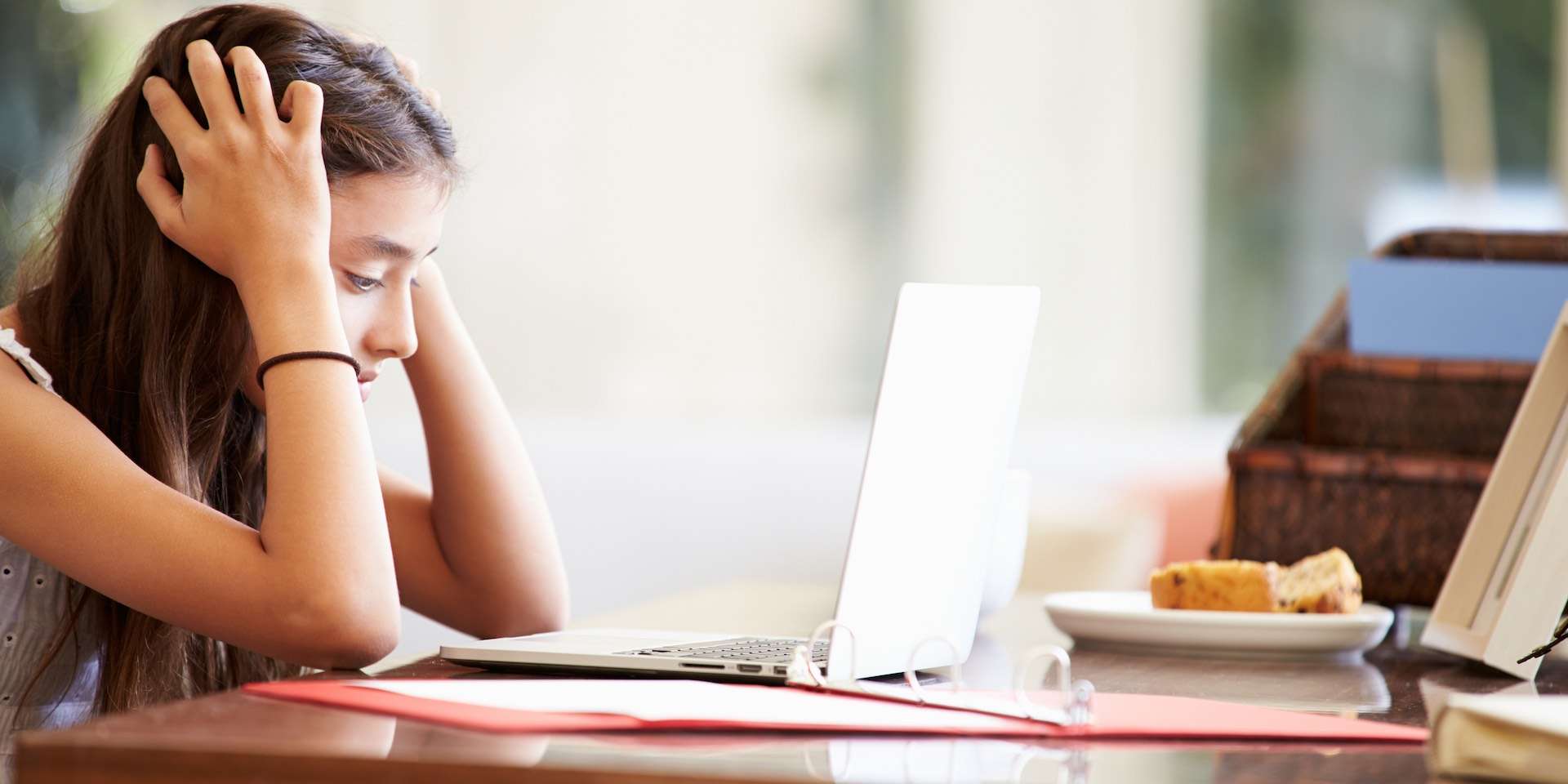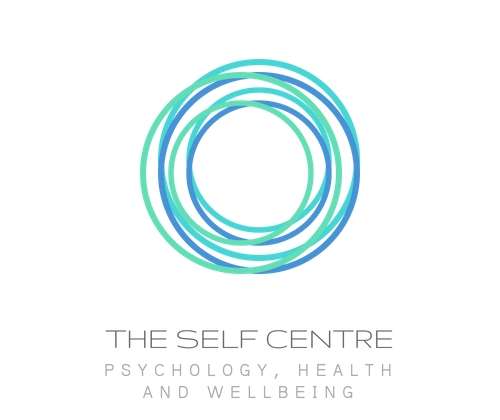
Tween Anxiety
by Jo Mansergh
Consulting Psychologist – The Self Centre
Tweens worry: about starting a new school year with a different teacher, new classmates and different expectations; about performing at school; about fitting in with friends, about unfamiliar situations and about the physical changes accompanying puberty.
Anxiety is a feeling that arises when we think something bad is going to happen and that we may not be able to cope with a situation.
Anxiety is a common and natural part of life. It exists to protect us from danger – but often children and teens can misattribute danger, and feel anxiety when there is no threat. Unfortunately, simply telling someone there is no threat has not been shown to help alleviate anxiety, and parents are often left feeling helpless and powerless, not knowing what to do when their child or teen is anxious.
So how do you know when your child is experiencing anxiety?
Tweens might not have the language to describe their experience of anxiety. As a result, anxiety may look different in children and teens than it does in adults:
- Physical symptoms such as headaches, stomach aches, sleeping difficulties or nightmares
- Sudden changes in eating habits
- Restlessness and fidgetiness
- Behavioural changes such as avoiding participating in class activities, avoiding social situations with peers, asking parents to do things for them, withdrawing from activities, refusing to go to school
- Constantly seeking approval and reassurance from adults.
- Emotional signs such as frequent crying, being irritable or angry for no apparent reason
- Fear of making mistakes, doubting their competence, and not handling criticism or failure well.
Anxiety may become a problem if your tween constantly feels nervous, anxious or on edge, has anxious feeling that go on for an extended period or that interfere with their schoolwork, socialising or everyday activities. Healthy worry or anxiety is time bound and quite short lived. However, anxiety that requires intervention is prolonged (2+ weeks of symptoms), heightened, and disruptive to daily functioning.
If your tween is experiencing intense worry about specific things or general worry that is difficult to control, it’s best to seek professional help as soon as possible. A psychologist can help your tween develop and practice strategies for managing their anxiety.
There are many different types of anxiety, and treatment for each type varies. Anxiety is quite responsive to treatment, but it is important that children and teens are properly assessed in order to determine what type of anxiety exists, what is contributing and what is maintaining it, and what strengths and skills the child and family have to help manage and alleviate it are very important parts of treatment. Learning what to do, and what not to do to support and help someone you love can be a very powerful part of alleviating anxiety.
Anxiety does not go away on it’s own – in fact, it often gets worse when left untreated. But the good news is that when anxiety is properly treated and actively managed, people can go on to live healthy high quality lives anxiety free.
